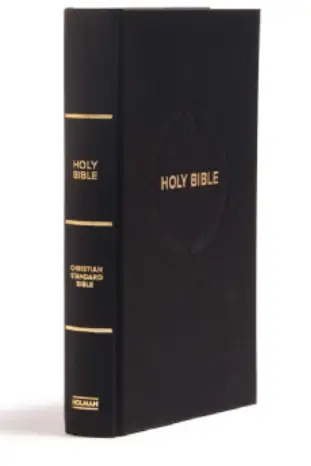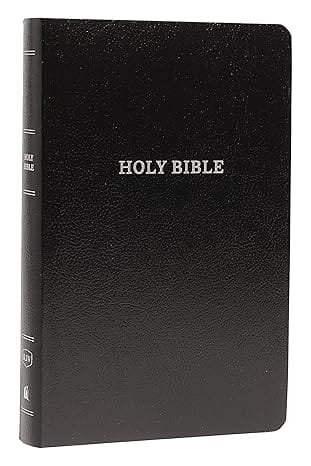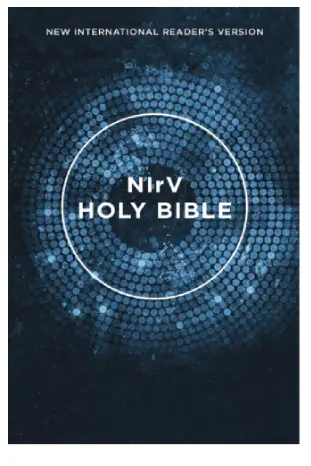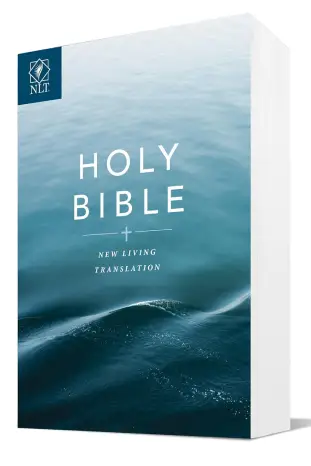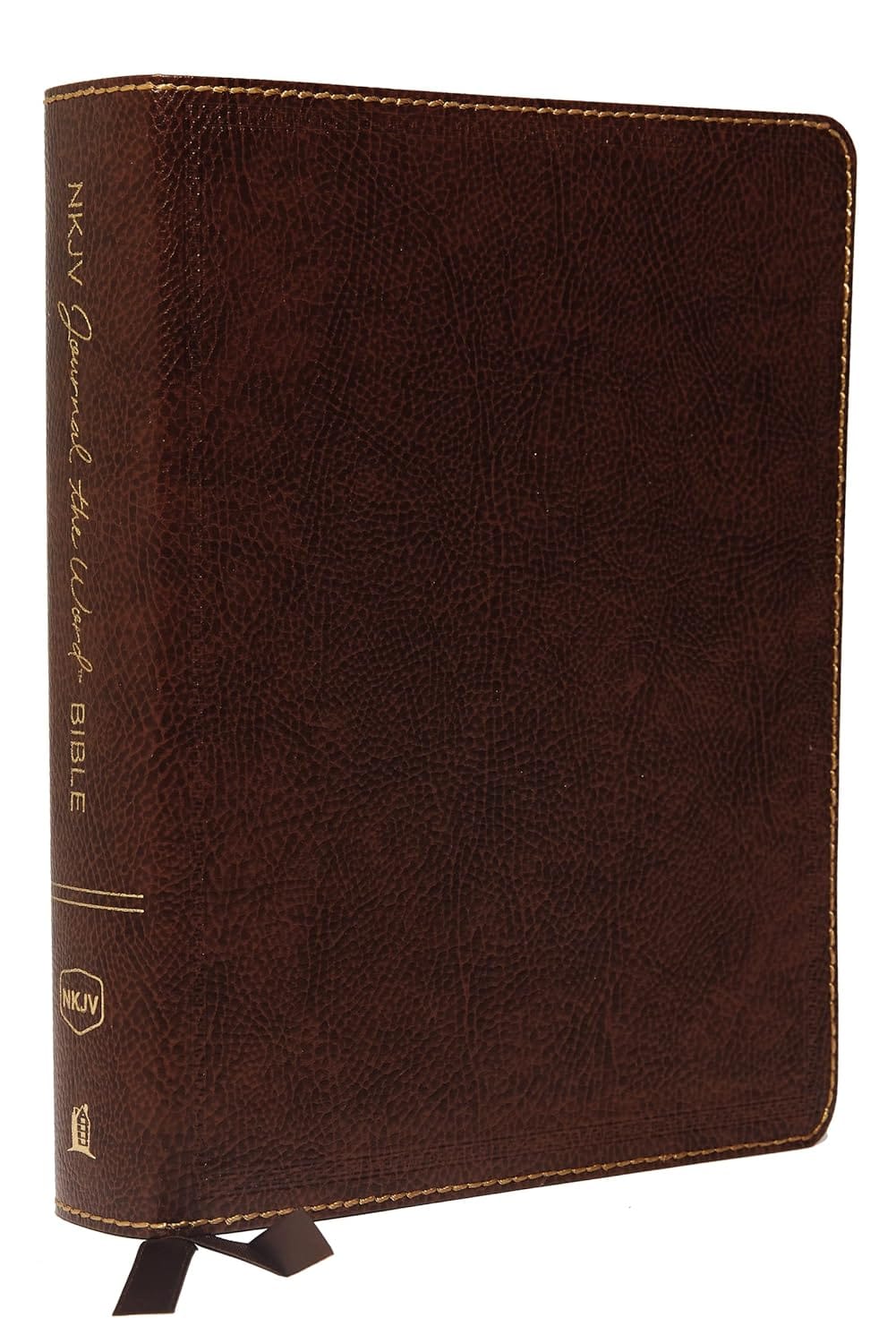The Pretribulation
Rapture
How to Choose a Bible
Choosing a Bible is a very personal decision. The best one for you is the one you’ll actually enjoy opening every day—whether for study, devotion, or simply soaking in God’s Word. Here are some simple steps to help you find the right fit.
Step 1: Choose a Translation
Different Bible translations balance accuracy and readability in different ways.
- Beginner-Friendly: The NIV (New International Version) and CSB (Christian Standard Bible) are popular because they’re accurate yet easy to read.
- In-Depth Study: The ESV (English Standard Version) and NASB (New American Standard Bible) are more literal, word-for-word translations—great for digging deep.
- For Children or New Readers: The NLT (New Living Translation) or NIrV (New International Reader’s Version) use everyday language that’s simple and approachable.
- Classic Choices:
- KJV (King James Version): Beloved for its beauty and tradition, though its 1600s English can be challenging.
- NKJV (New King James Version): Keeps the richness of the KJV but updates the language, making it easier to read while still feeling classic.
Tip: Visit Bible Gateway to compare the same verse in different translations side by side before deciding.
Step 2: Pick a Bible Type
Think about how you plan to use your Bible most often.
- Study Bible: Packed with notes, commentaries, charts, and maps to help you understand context.
- Devotional Bible: Includes reflections and applications for daily living.
- Journal Bible: Offers wide margins or journaling space for your notes, doodles, and prayers.
- Text Bible: Simple, clean layout without extras—just the Scriptures.
Step 3: Consider Physical Features
The way your Bible feels in your hands matters, too.
- Cover: Leather, hardcover, or paperback—choose one that matches your style and lifestyle.
- Font Size: If your eyes tire easily, look for large-print editions.
- Size & Portability: Want something travel-friendly? Choose a compact edition. For study at home, a bigger version might be better.
- Extras: Ribbon markers, thumb-indexing, and maps can be surprisingly helpful.
- Space to Write: We believe it’s perfectly okay to write in your Bible—highlight verses, underline, jot down prayers, or even doodle. If you love to interact with Scripture this way, choose a Journal Bible or one with wide margins and thicker paper that won’t bleed through.
Step 4: Keep Your Budget in Mind
Bibles range from very affordable to beautifully bound collector editions. You don’t need to spend a fortune—a simple, well-loved Bible is just as valuable as a premium one. Choose what fits your budget and meets your needs.
Bottom Line: The “best” Bible is the one you’ll read and treasure. Take time to explore translations, formats, and features until you find the one that feels like yours.
The Living Word ... The Holy Bible
You can't own too many Bibles. Make a gift of the Best Selling Book in the History of the World. Share the Truth, The Life, and the Way.
Not sure where to begin? Then take a quick look at our guide for 'How to Choose a Bible'
As an Amazon Associate we earn from qualifying purchases. If you choose to buy through our affiliate links, we may receive a small commission at no extra cost to you. These earnings help support the ministry and the continued growth of PreTribulation.com. Learn about more about how you can support this ministry project here. Thank you for your support, and God Bless YOU.
Q: Is it wrong to write in my Bible?
A: Not at all! In fact, many Christians find that underlining, highlighting, and jotting down notes or prayers makes the Bible feel more personal. It’s your copy of God’s Word—interact with it! Some Bibles, like Journal Bibles, are even designed with wide margins for this purpose.
Q: What’s the difference between the King James Version (KJV) and the New King James Version (NKJV)?
A: The KJV is known for its beauty and tradition but uses 1600s English that can be hard to follow. The NKJV keeps much of the KJV’s poetic style but updates the language, making it easier to read and understand without losing its classic feel.
Q: Do I need a Study Bible to understand Scripture?
A: Not necessarily. A Study Bible can be incredibly helpful if you want notes, maps, and explanations, but a simple Text Bible or Devotional Bible may be a better fit if you prefer to focus just on the words of Scripture.
Q: What translation is best for serious study?
A: For word-for-word accuracy, many scholars recommend the ESV (English Standard Version) or the NASB (New American Standard Bible). These stick closely to the original Hebrew and Greek, making them great for deeper study.
Q: How many Bibles should I own?
A: There’s no rule! Some people love having one well-worn Bible. Others enjoy keeping different translations for study, devotion, or teaching. The important thing is finding at least one you’ll read daily.

